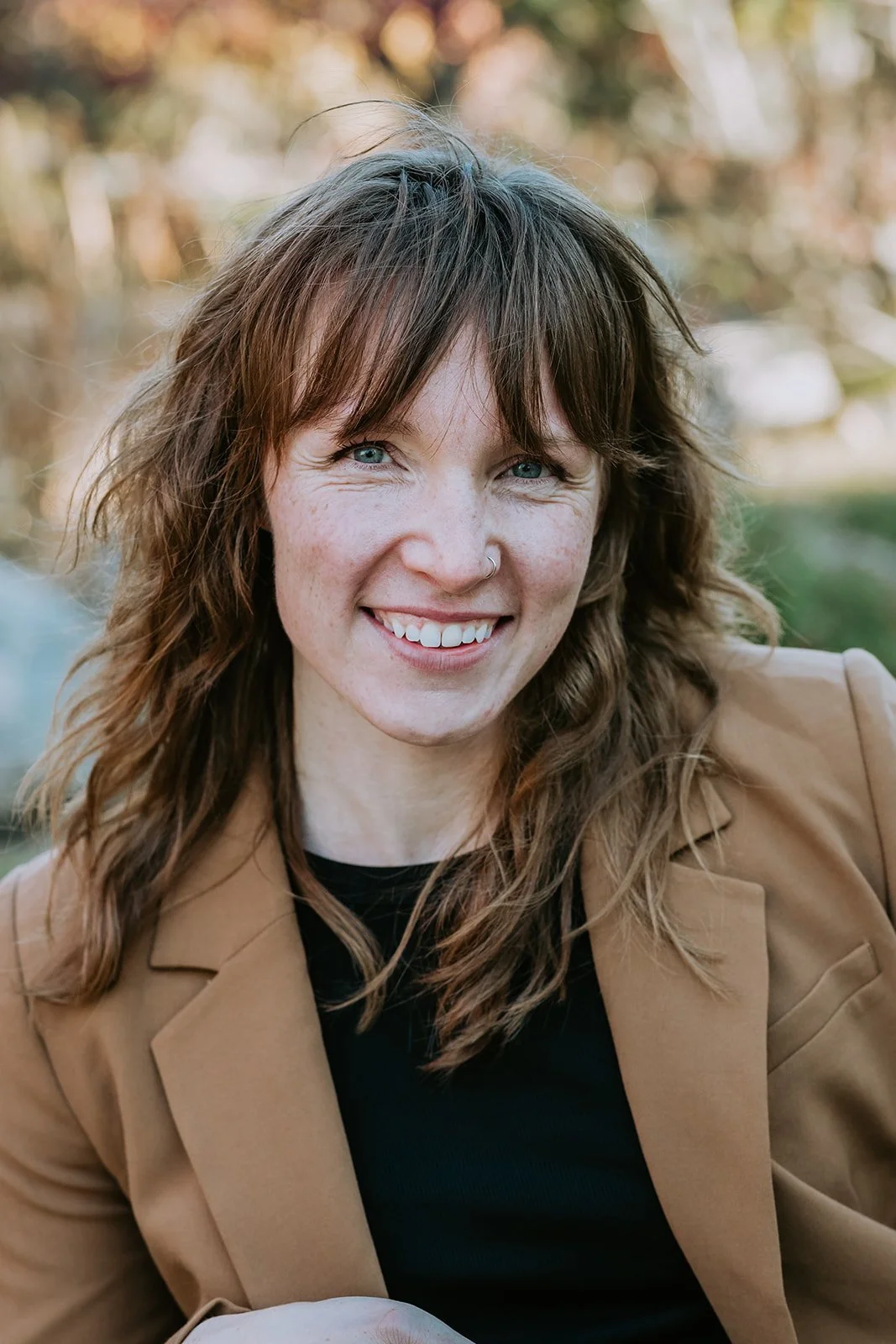The Consultation Call: Individual Therapy
A warm welcome and thank you for being here. My name is Ardelle, I am a trauma therapist and couples counsellor in Olds, Alberta.
First, I want to acknowledge that embarking on your therapy journey is such a huge step towards re-discovering you, so congratulations! Second, I want to acknowledge that finding the right therapist is such a personal choice. The goal of this blog is to provide you with a brief exploration of what to expect when you schedule your free 15-minute consultation for adult individual therapy with me.
Why a Free Consultation Call?
The purpose of the consultation call is for you to get a feel for me and how I practice to determine if I am the right fit for you. It is also an opportunity for me to gain a better understanding about your reasons for pursuing therapy at this particular time to make sure I can help you. The consultation call is 15 minutes, and occurs over the telephone. I will call you at the time of our scheduled appointment; the caller ID will appear as No Caller ID.
How will you know if I am the right therapist for you?
On the call, I welcome your questions and I will share a little bit about how I work so you can get a feel if I might be the right fit for you.
What is it like to work with me?
Let me explain a little about how I work and we can dig into it more on the consultation call. I am an EMDR trained therapist with special interests in PTSD, C-PTSD, First Responders/Veterans, workplace stressors, depression, anxiety and relationship injuries.
My first goal in therapy is to establish a safe and secure therapeutic relationship. This begins from the moment we complete our consultation call, and acts as the foundation for the work that we will be doing together. My second goal is to complete a thorough history assessment. This piece takes approximately two sessions, however, information gathering occurs throughout our entire time together. It’s important for me to have a comprehensive understanding of your current challenges, familial/relationship history, and everything in-between including your triumphs.
Why such a comprehensive assessment? The answer is simple. I operate from an attachment and polyvagal lens.
What does this mean? Your early attachments with caregivers acts as a blueprint for how you currently function in relationships. Any acute or chronic stressors/traumas that you have experienced actually impact your nervous system, which in short can make you feel dysregulated, living in either a hypo-aroused or hyper-aroused state.
My third goal is choosing therapeutic interventions which can best support you and your therapy goals. I mentioned earlier that I am an EMDR trained therapist, and this is a question that comes up a lot in consultation calls, so let's dive into what this means. EMDR therapy is recognized by the World Health Organization as one of the top therapeutic interventions for treating PTSD, however, it has been modified and well-researched to support other challenges, including: depression, anxiety, chronic pain, OCD and so much more. The overall goal of EMDR therapy is to process challenging memories while decreasing emotional intensity and physical symptoms related to these memories. When you finish with EMDR therapy, you can expect to walk away with a new meaning about your life's experience.
While this is the overall goal of EMDR therapy, there are other steps that we take to ensure that you are stabilized and feel safe within our therapeutic relationship. I always walk clients through what these steps look like when I introduce them to the EMDR therapy process.
My fourth goal is to ensure that you are leaving our time together feeling more capable, confident and regulated. Humans are meaning making creatures, so curating a new meaning about you and your experiences is essential to my therapy process.
I am new to therapy, what should I tell you during the call?
I like to keep this piece simple. Provide me with context. What’s occurring for you right now? What led you to make this call? What do you expect to gain from therapy? What do you look for in a therapist? Are there specific goals you want to achieve? I encourage you to only share the headlines of details. With the call being 15 minutes, I want to keep this process safe for you, so that you don’t leave the call feeling raw and emotionally flooded. With that being said, it is normal to leave a consultation call with a variety of feelings, including relief, sadness, or even grief. Completing a consultation call is a huge step towards healing.
So, how long does the therapy process take?
Everyone works through this process at their own unique speed. If you choose to work together on the consultation call I encourage you to consider scheduling a minimum of 8 weekly sessions. We can always cancel them if you don’t need them. I believe in offering weekly therapy sessions to allow us to dive more deeply, so you heal faster. Weekly sessions have been shown in research to be more effective in producing desirable outcomes. You can choose the right session length for you of either 50 or 75 minute sessions for individual EMDR therapy or longer EMDR intensive sessions.
What’s Next?
Perhaps take a moment to check our our faqs, consider your goals and my approach. If this feels like it might be a good fit, I invite you to book your free 15 minute consultation call with me here. I look forward to connecting with you!



